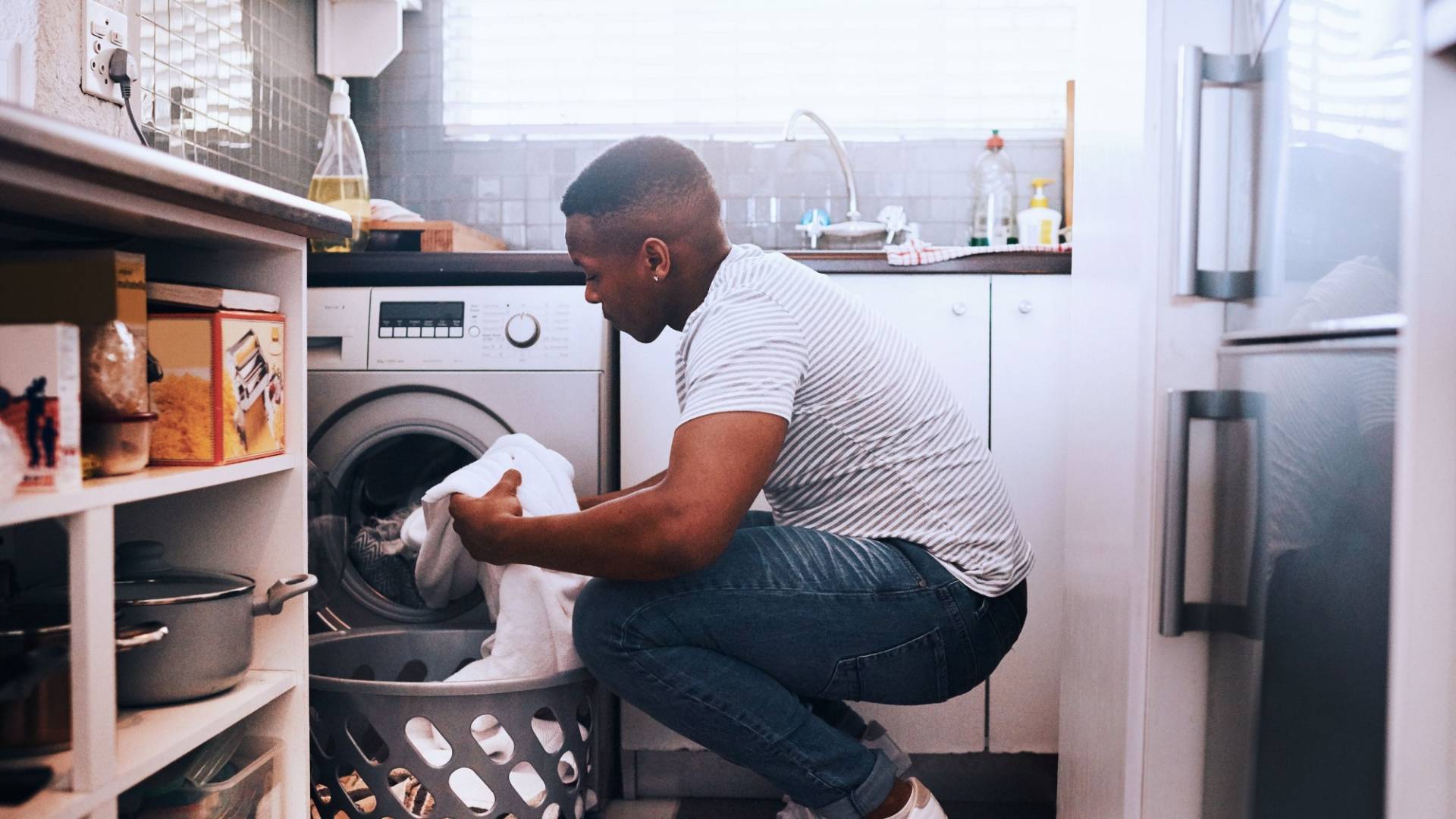
Water damage. What do I need to do?
What is water damage?
If water causes damage without any connection to a severe natural force, the insurance industry calls it water damage. In most cases, the water that caused the damage came from water pipes.
What is the difference between water damage and damage caused by natural forces?
If water penetrates a building surface during a storm, in insurance terms this is damage caused by natural forces rather than water damage. Floods and high water are by far the most common causes, although hail and storms can damage the building shell and allow rainwater to enter and cause damage. These cases are also referred to in the industry as damage caused by natural forces rather than water damage.
What type of insurance covers water damage?
If your building, household contents or personal belongings are damaged by water, we will cover the costs. Which insurance policy pays depends on what was damaged.
When does a household contents insurance policy pay out, and when does it not?
… your record collection stored in the cellar is damaged following a storm. (damage caused by natural forces)
… a defect causes your washing machine to leak and your apartment is flooded, damaging your furniture.
… water damage causes mould or fungus to form on your belongings.
… the aquarium in your living room springs a leak, causing damage to other objects.
... water penetrates your home through the roof and the objects stored in your attic are damaged.
… you forget to close a window, door or skylight and rain entering the building damages your belongings.
… the water damage is attributable to inadequate building maintenance.
… the water damage arises because of structural defects, subsidence or earthmoving work.
When does a buildings insurance policy pay out, and when does it not?
… your building and any fixtures are damaged by high water, flooding or a landslide. (damage caused by natural forces)
… your building and any fixtures are damaged by water after a pipe bursts.
… you incur costs to locate a leak, and uncover and repair the faulty pipe.
… it is necessary to perform clean-up work and to dispose of or decontaminate parts of the building that are damaged and can no longer be used.
... the damage results in a loss of rental income.
… the water damage is attributable to inadequate building maintenance (e.g. leaky roofs, walls or windows).
… the water damage arises because of structural defects, subsidence or earthmoving work.
… the damage is attributable to normal wear and tear in line with the intended use.
What should I do in the event of a claim?
Even if water has already penetrated your home, there are still things you can do. Above all, however, don’t take any risks. Make sure that anyone living in the house or flat, including any animals, are taken to safety. Action to take in the event of damage:










